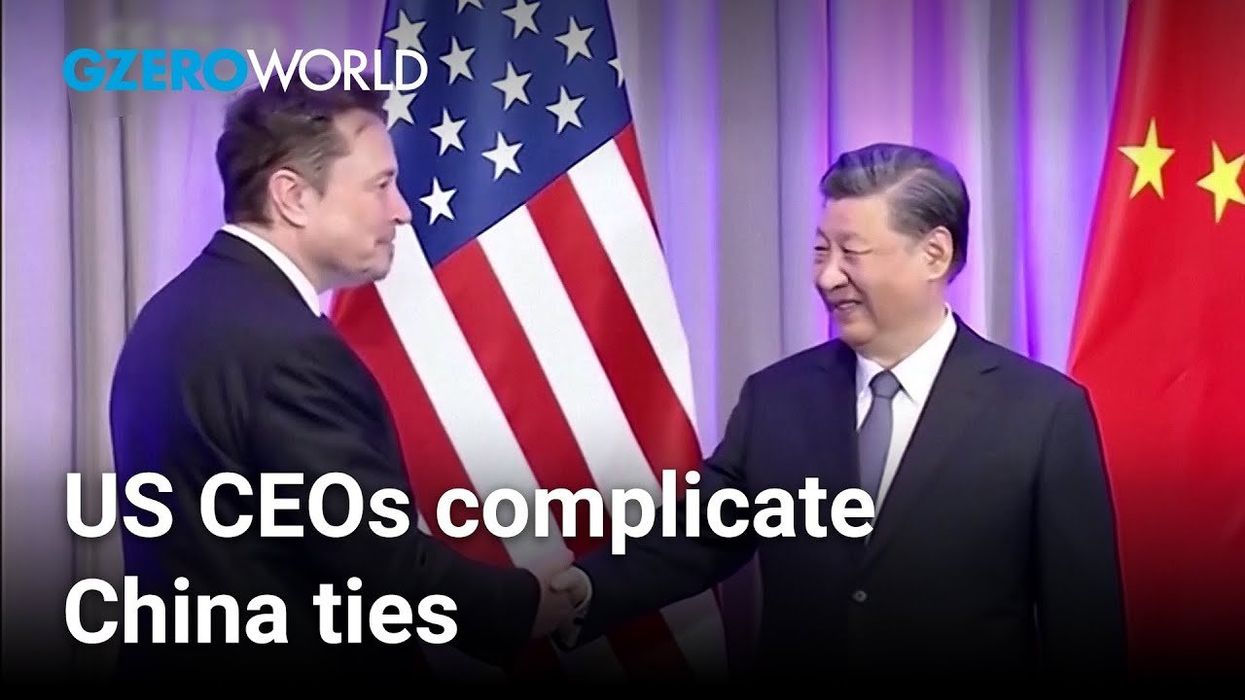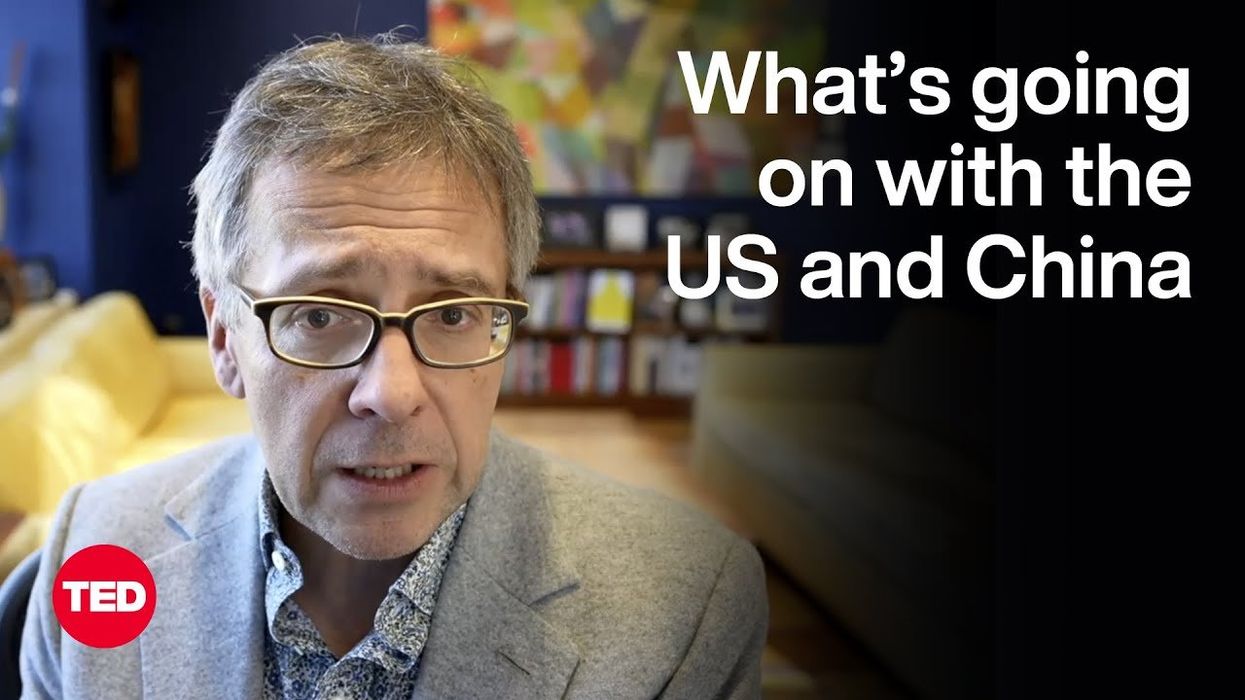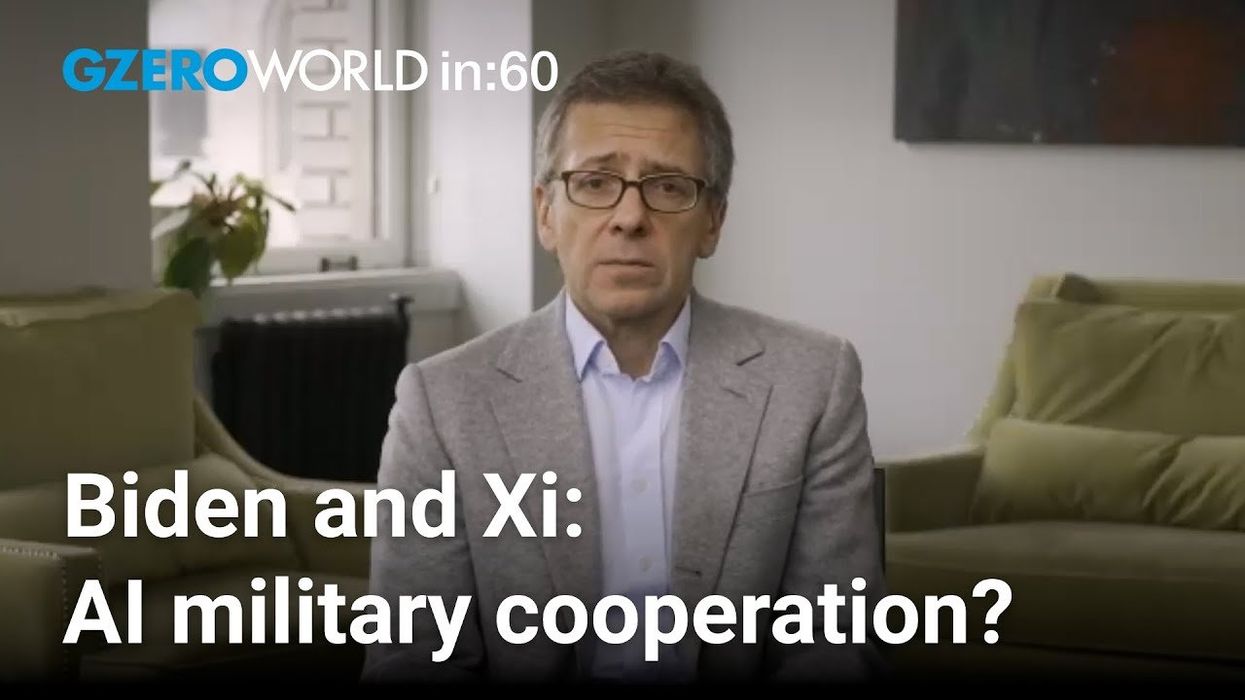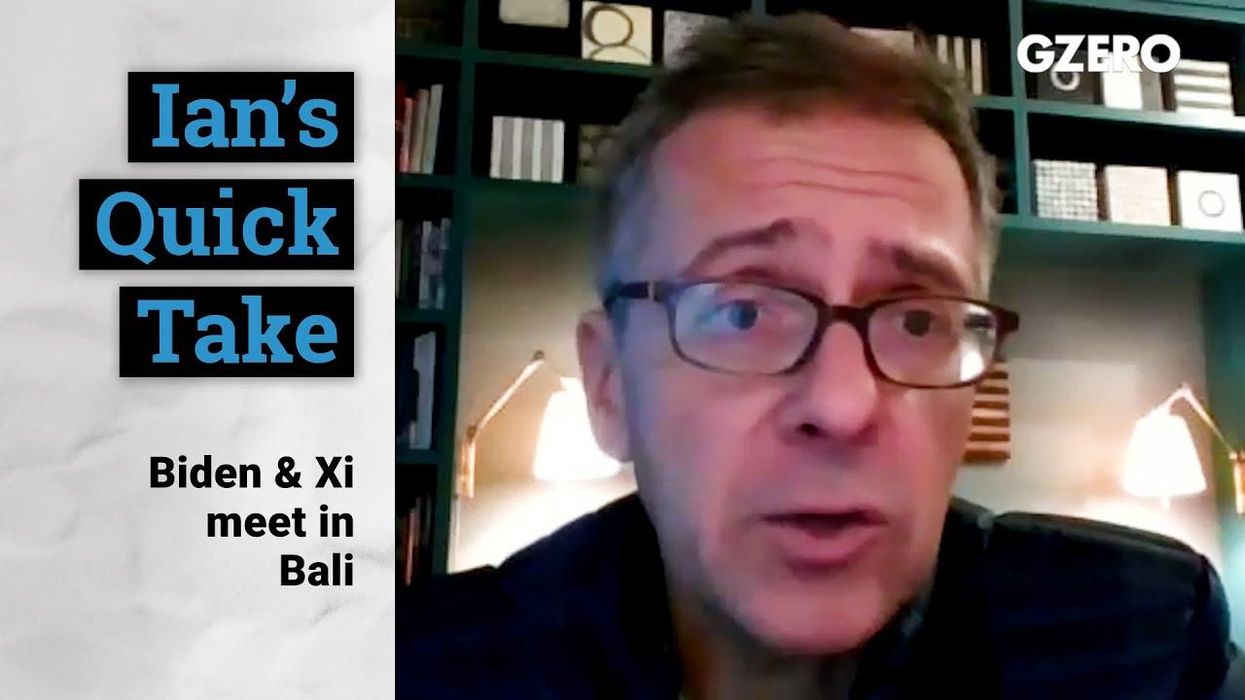GZERO World Clips
US CEOs too influential on China policy, says Rahm Emanuel
US CEOs are too cozy with Beijing, US Ambassador to Japan Rahm Emanuel told Ian Bremmer during an exclusive interview in the latest episode of GZERO World, filmed at the Ambassador's residence in Tokyo, Japan.
Dec 07, 2023




